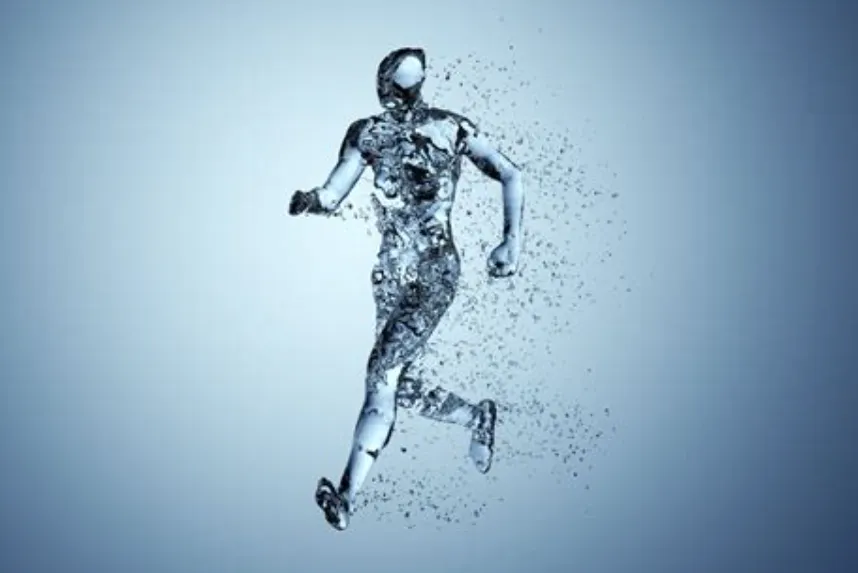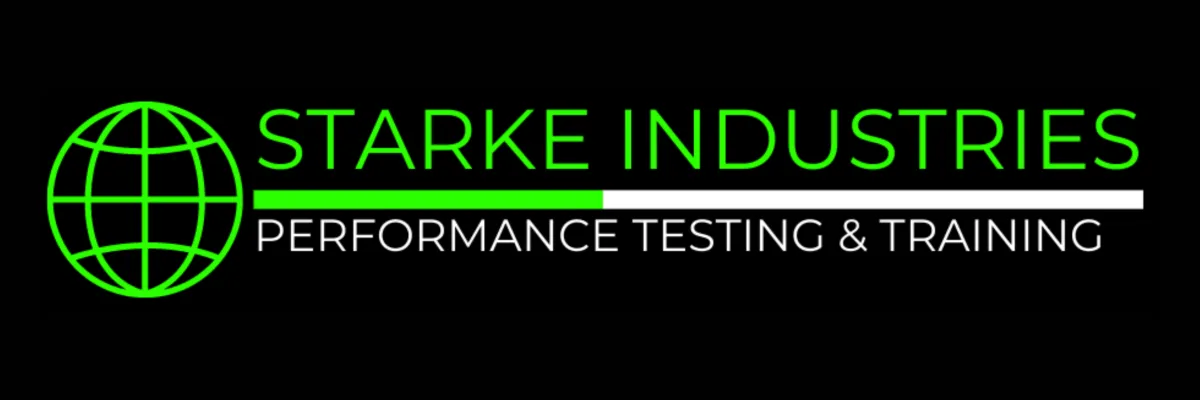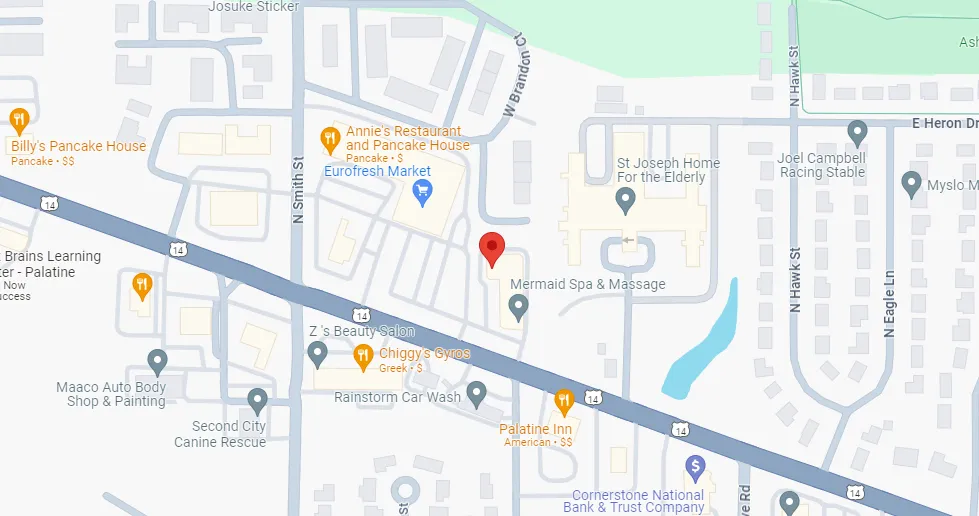
Why Hydration Is More Than Just Water: Paul Chek’s Third Pillar Explained
You’ve heard it before: “Drink more water.”
But Paul Chek’s third pillar, Hydration, goes way beyond that.
Hydration isn’t just about how much you drink.
It’s about how well your body absorbs and uses fluids — a system supported by filtration, minerals, amino acids, and daily habits.
Let’s break it down.
Paul Chek: Hydration as a Foundation of Health
Paul Chek teaches that hydration is one of the key pillars holding up your health and performance.
Why?
Because water is the medium where:
Nutrients move
Waste is cleared
Joints glide
Cells communicate
But here’s the catch:
You can drink gallons of water and still be dehydrated at the cellular level if the quality and balance aren’t right
Why Hydration Needs More Than Just Water
Hydration depends on three main factors:
1. Water Quality
Filtered, clean water matters.
Tap water often contains:
Chlorine
Heavy metals
Fluoride
A good filtration system (like Berkey, AquaTru, or reverse osmosis with remineralization) helps deliver clean water your body can use.
2. Electrolytes and Minerals
Water without minerals doesn’t hydrate well.
You need electrolytes like:
Sodium
Potassium
Magnesium
Calcium
These help move water into your cells and support nerve and muscle function.
Simple practices:
Add a pinch of sea salt or an electrolyte mix.
Eat mineral-rich foods (leafy greens, nuts, seeds).
3. Amino Acids and Other Co-Factors
Amino acids like glycine can help hold water in tissues.
Collagen-rich foods or powders may improve joint hydration.
Bonus: Hydration is also supported by carbohydrates, which pull water into muscle cells — one reason sports drinks include sugars.
How Much Water Do You Really Need?
Hydration isn’t just about drinking when you're thirsty. It's a strategic process that supports performance, recovery, digestion, and brain function.
Here’s a simple baseline:
Drink half your body weight in ounces of water per day.
That means:
A 200 lb athlete should aim for 100 oz of water daily.
But that’s just the starting point. You must also account for:
Environmental Losses
Hot/Cold weather? Add 12–24 oz
Moderate Temperature or dry indoor environments? Add 8–16 oz
Training + Physical Activity
Light session (sweat but no drenched shirt): Add 16–24 oz
Intense session (heavy sweat): Add 24–40 oz or more
Quick Formula for Athletes
Example for a 200 lb athlete:
Base = 200 ÷ 2 = 100 oz
90-min intense training = +32 oz
Hot weather = +16 oz
Total = 148 oz/day
Re-Spotlight: Electrolytes + Amino Acids
Water alone doesn’t hydrate. You need minerals (sodium, potassium, magnesium) and amino acids for:
Better absorption
Muscle function
Nervous system regulation
Use:
High-quality sea salt or electrolyte packets
BCAAs or essential amino acid blends if training fasted or depleted
Practical Steps You Can Use Today
1. Filter Your Water
Invest in a system that removes contaminants but keeps or adds minerals.
2. Add Electrolytes, Especially When Active
Use electrolyte powders or salt your food.
Avoid sugar-loaded sports drinks unless needed for high-intensity or long-duration efforts.
3. Focus on Whole Foods
Eat fruits, vegetables, nuts, seeds, and bone broths — all hydrating beyond just water.
4. Check Your Signs
Look at your:
Urine color (aim for pale yellow)
Skin turgor (does skin bounce back?)
Energy and mood (dehydration increases fatigue and irritability)
What the Research and Practice Show
Even 1–2% dehydration reduces strength, speed, and cognitive performance.
Sodium helps retain fluid; magnesium supports muscle relaxation; potassium balances muscle contraction.
Athletes with better hydration strategies recover faster and perform longer.
Final Question for You
Are you just drinking water — or are you actually hydrating your body?
Want More?
Share this with an athlete or coach who’s still stuck at “just drink more water.”



